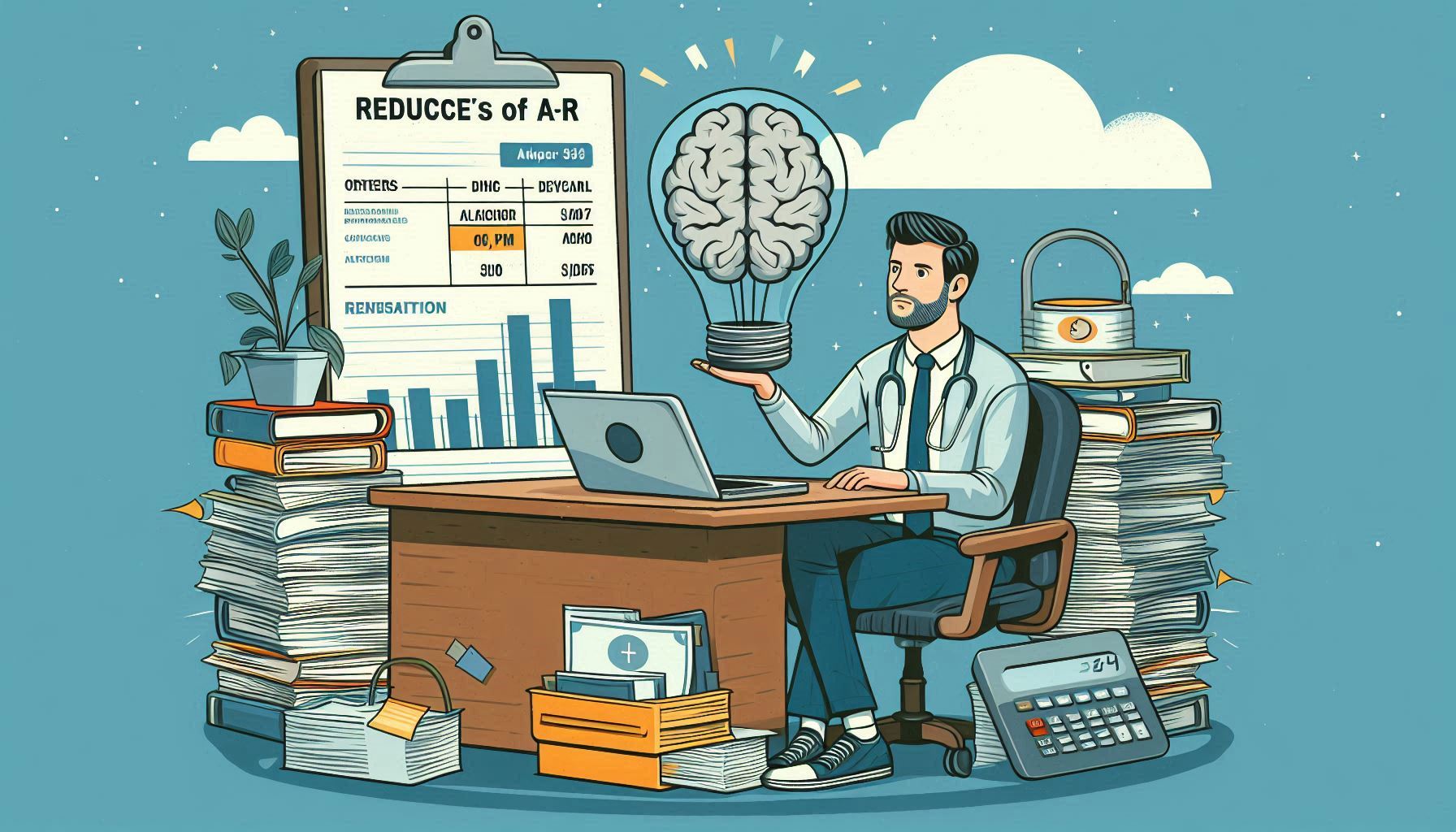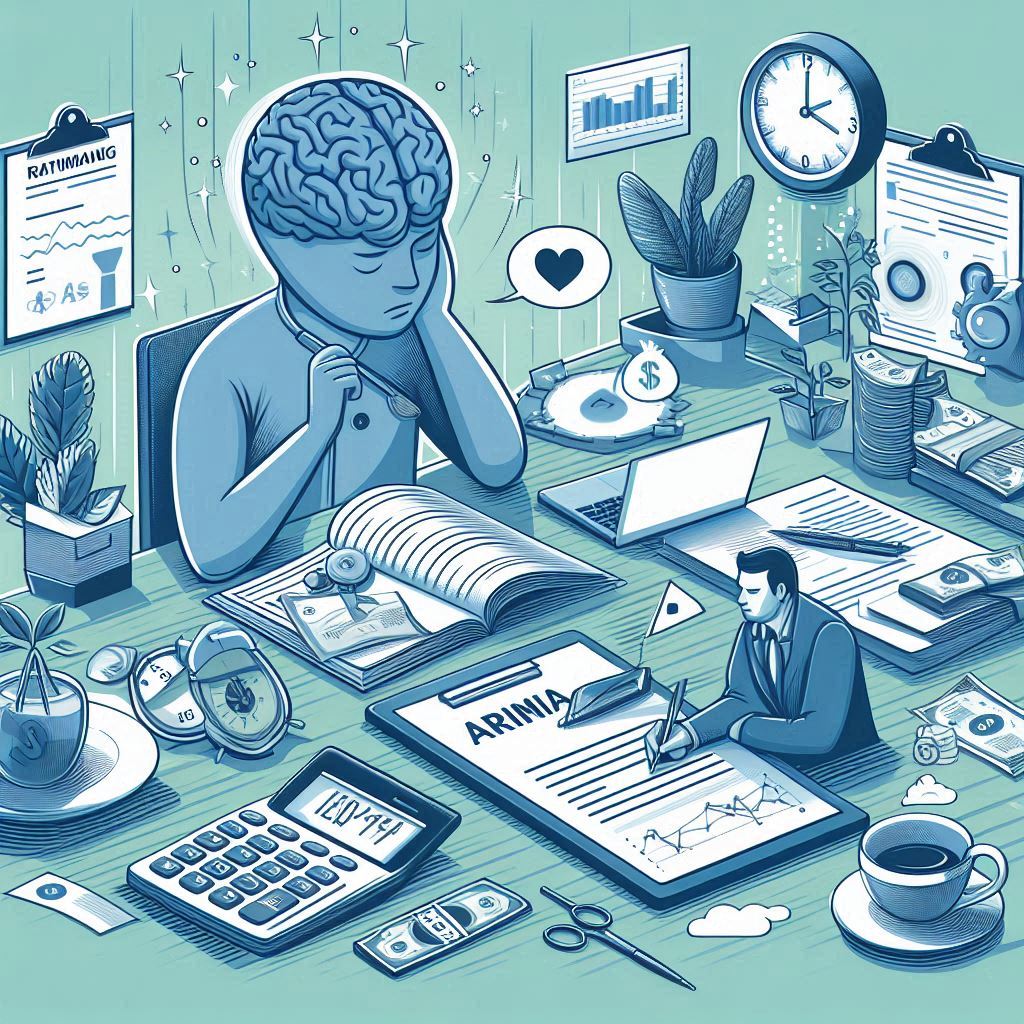-

Top RCM Software Solutions for Mental Health Clinics: A 2025 Review
Introduction In 2025, revenue cycle management (RCM) remains a pivotal challenge for mental health clinics. These organizations must juggle complex billing protocols, fragmented payer systems, stringent documentation requirements, and increasing patient responsibility—all while delivering high-quality, empathetic care. Technology providers have responded with a burgeoning landscape of RCM software tailored specifically to behavioral health and mental…
-

How AI is Reshaping Revenue Cycle Management in Behavioral Health
Introduction The integration of Artificial Intelligence (AI) into healthcare is transforming every facet of the industry, and revenue cycle management (RCM) in behavioral health is no exception. Traditionally, behavioral health RCM has lagged behind other medical specialties in terms of automation and technological innovation, largely due to the complex, subjective nature of psychiatric care and…
-

The Role of Accurate Clinical Documentation in Mental Health RCM Success
Introduction Revenue Cycle Management (RCM) is the backbone of financial health in any medical practice, but in mental health care, it plays a particularly nuanced and critical role. Unlike procedural specialties, mental health services are largely driven by subjective patient experiences and treatment outcomes that are often more qualitative than quantitative. This inherent complexity demands…
-

How to Reduce Days in A/R in Psychiatric Practice Billing
Introduction: Understanding Days in A/R in Psychiatry Billing In psychiatric practice billing, Days in Accounts Receivable (Days in A/R) serves as a vital financial health indicator. It represents the average number of days it takes a practice to collect payments after services have been rendered. A high number of Days in A/R implies inefficiencies in…
-

Top RCM Software Solutions for Mental Health Clinics: A 2025 Review
As mental health services take on a more central role in global healthcare delivery, the need for effective revenue cycle management (RCM) becomes increasingly urgent. For mental health clinics—whether solo therapists, group practices, or psychiatric hospitals—navigating the intricate maze of insurance reimbursements, billing compliance, claim submissions, and patient payments is no small feat. RCM software…
-

How AI is Reshaping Revenue Cycle Management in Behavioral Health
The integration of Artificial Intelligence (AI) into healthcare is not a mere trend—it’s a transformative force. Nowhere is this transformation more urgently needed than in Behavioral Health, where administrative inefficiencies, coding errors, and billing backlogs often result in significant financial and operational burdens. As mental health services expand in demand and complexity, AI presents an…
-

The Role of Accurate Clinical Documentation in Mental Health RCM Success
In the realm of mental and behavioral healthcare, accurate clinical documentation is not just a clerical task—it is the backbone of successful Revenue Cycle Management (RCM). For psychiatric practices, the clinical narrative influences reimbursement, compliance, patient safety, and continuity of care. Unlike general medical practices where objective data like lab results and imaging often drive…
-

How to Reduce Days in A/R in Psychiatric Practice Billing
In the world of psychiatric practice management, reducing Days in Accounts Receivable (A/R) is not just a matter of administrative efficiency—it’s critical for financial sustainability. Days in A/R, or the average number of days it takes a practice to collect payment after a service has been rendered, is one of the most important metrics in…

Monday – Saturday 9AM – 5PM
Sunday – CLOSED





